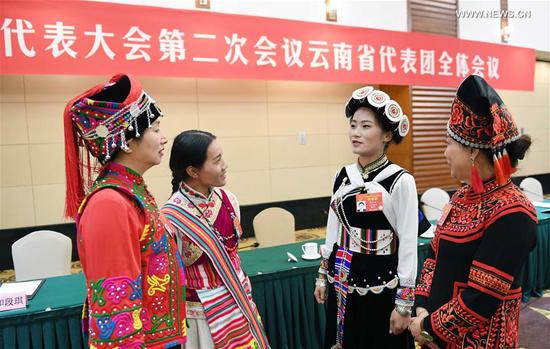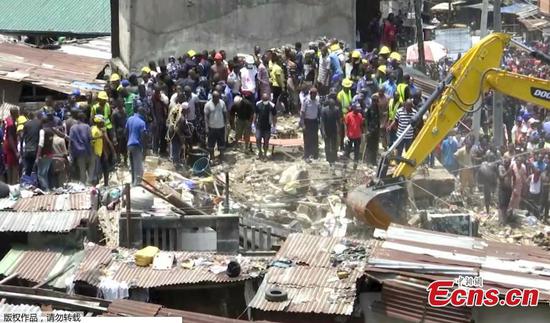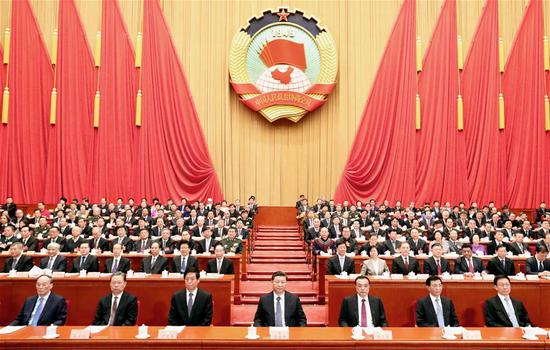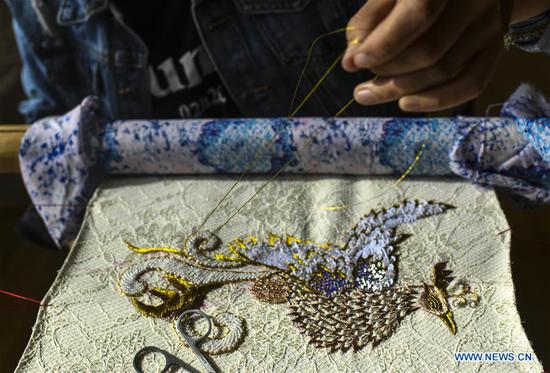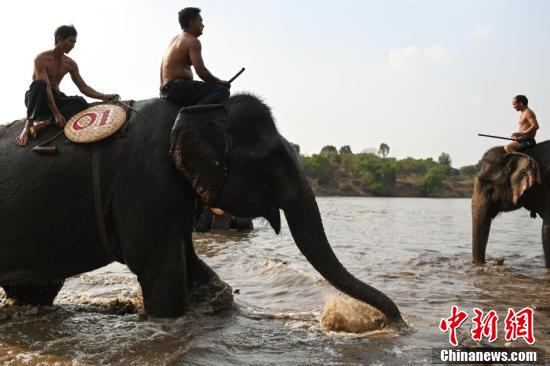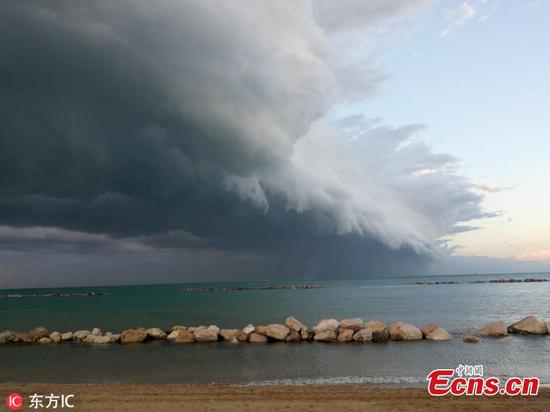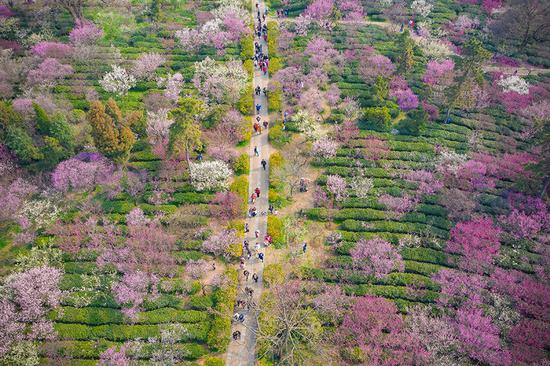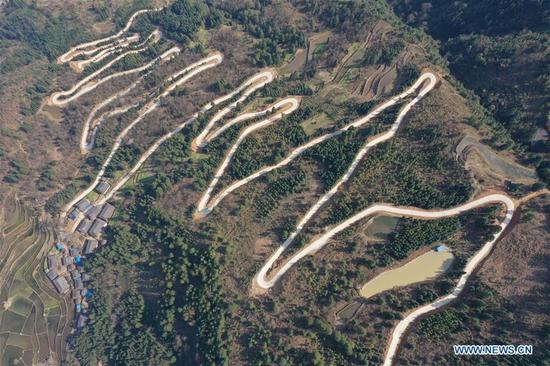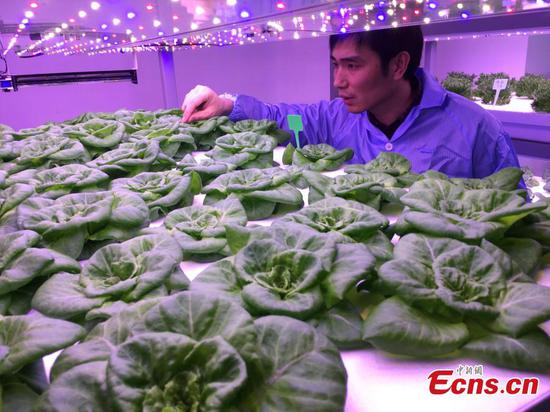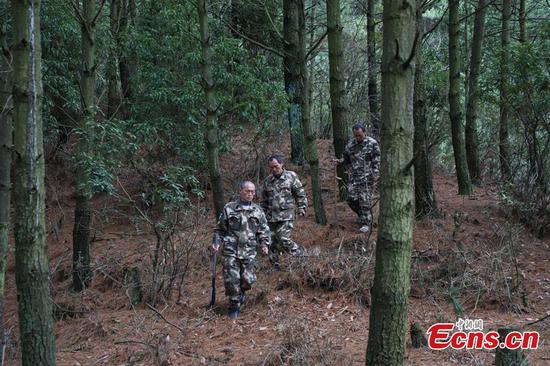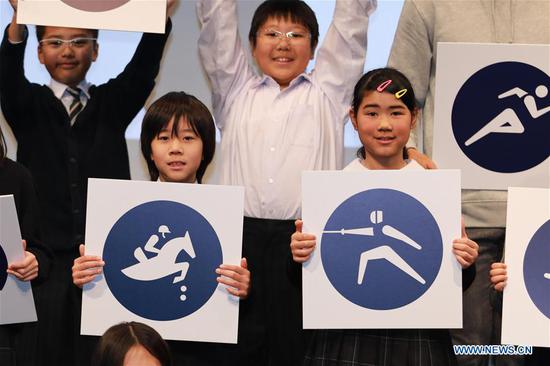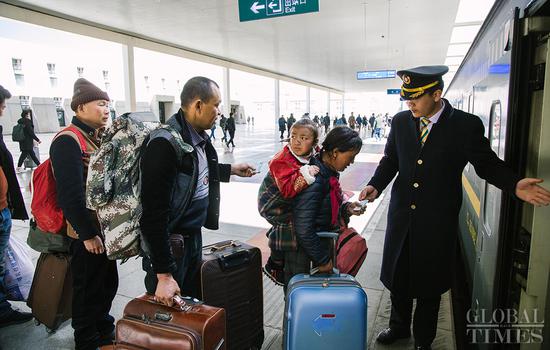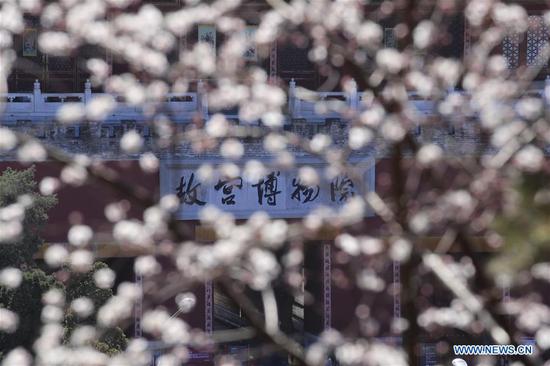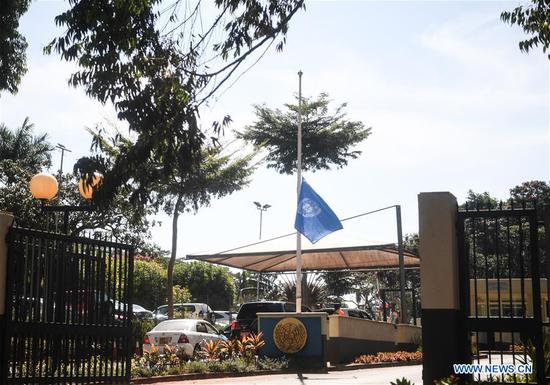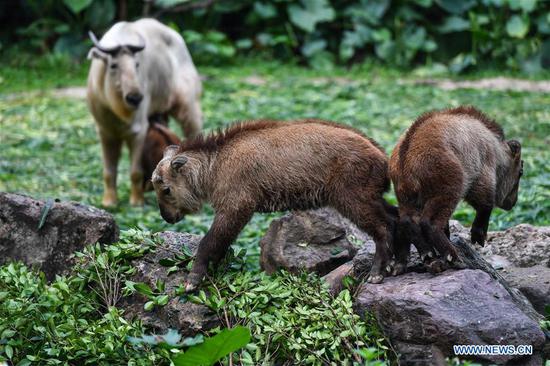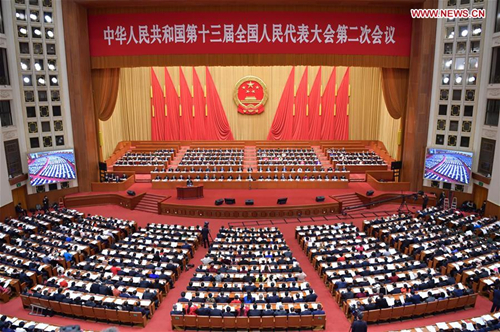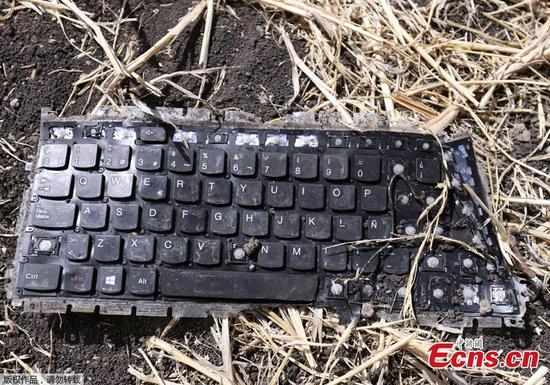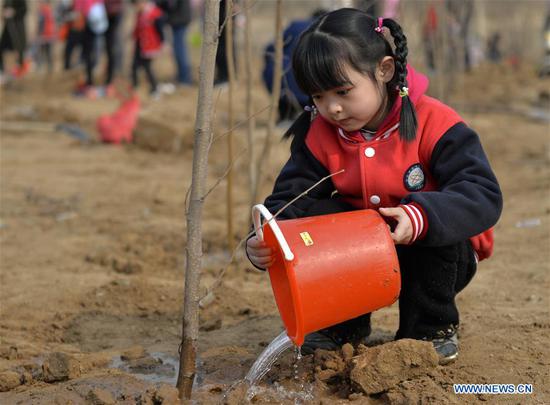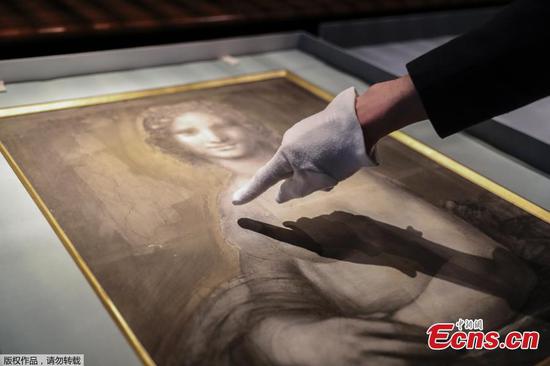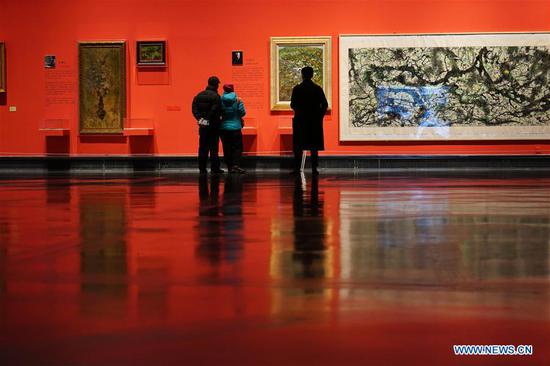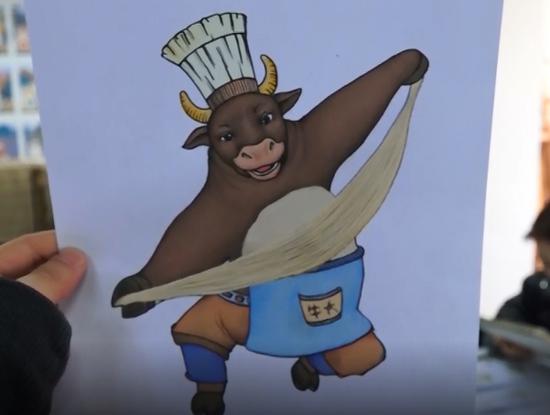
President Xi Jinping attends discussions with National People's Congress deputies from Fujian province in Beijing, on March 10, 2019. [Photo/Xinhua]
Since Xi was elected as general secretary of the Communist Party of China Central Committee in November 2012, poverty relief has always been on the top of his agenda. In Xi's own words, "On the march toward common prosperity, no one must be left behind."
Xi's deep feelings for the poor derive from his experiences at an early age-from 1969 to 1975, he lived and worked in Liangjiahe, an impoverished village of Shaanxi province, amid a campaign launched by late chairman Mao Zedong that asked urban youths to experience life working in rural areas.
To realize the goal of eliminating poverty by 2020, China is carrying out the basic strategy of a targeted approach, which requires officials of all levels to identify those who are actually impoverished and the factors that led to their poverty.
Each household or even family member is given a tailored poverty relief plan.

President Xi Jinping attends discussions with National People's Congress deputies from Fujian province in Beijing on Sunday. [Ju Peng/Xinhua]
In the past years, more capable and suitable officials have been selected to guide poverty relief work at different levels. For example, officials with business savvy were sent to poverty-stricken villages, while officials with specialized industrial knowledge were sent to villages with an industrial base.
China has also adopted various means to reduce poverty, including e-commerce, financing, tourism, relocation and improvement of infrastructure.
Jan Willem Blankert, author of China Rising: Will the West Be Able to Cope?, spoke highly of China's contribution to the world's poverty reduction.
"China has with its long growth spurt already contributed a lot. We always say that China's strong growth has 'lifted 400 million (that's the figure of a few years ago) out of poverty'," he told China Daily.









